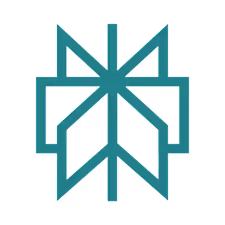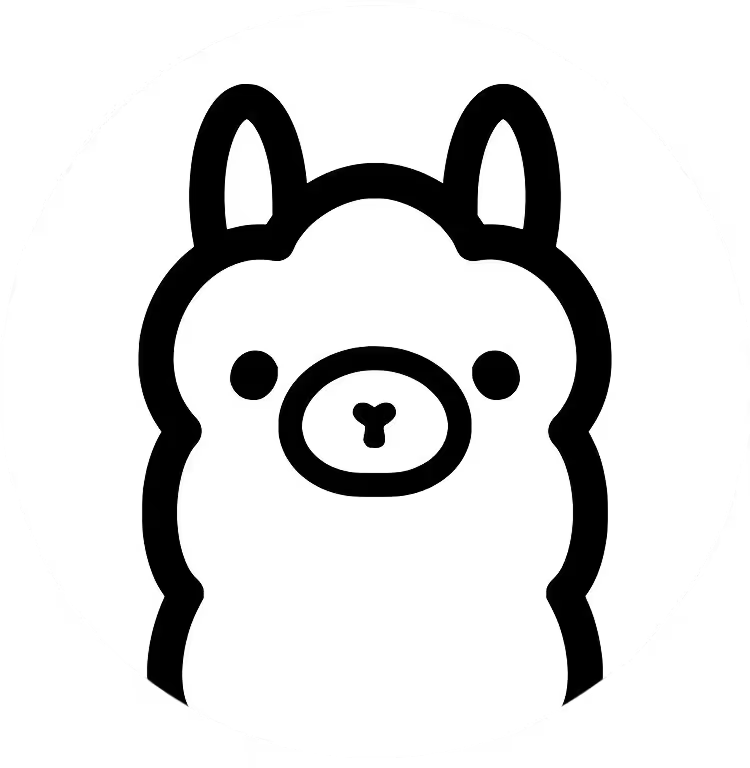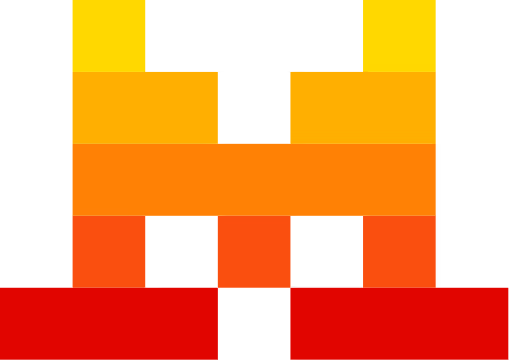Claude
Introduction
Claude, developed by Anthropic, is positioned as an ethics-driven large language model guided by Constitutional AI principles. It has gained traction with enterprises and developers for its safety-first design, long-context capabilities, and integration into major AI platforms. This analysis covers its strategic position, examines practical implications for production deployments, integration architectures, and platform decisions critical for teams building AI-dependent systems.
Strengths
Claude offers exceptional context handling, with recent versions supporting up to 1 million tokens for large-scale document analysis and complex reasoning. Its Constitutional AI framework promotes safer, more consistent outputs, making it well-suited for sensitive domains. Robust integration options through APIs, Amazon Bedrock, and Vertex AI expand deployment flexibility. Strong performance in reasoning and summarization tasks, combined with hybrid fast/deep reasoning modes, supports both rapid interactions and extended analysis. Developer tools, including prompt caching and tool integration, facilitate production-grade workflows.
Weaknesses
Claude’s strict safety constraints can result in overcautious or constrained responses, limiting creativity in certain contexts. Some outputs may display over-explaining tendencies, adding verbosity that impacts efficiency. The model’s training focus on safety can lead to refusals in ambiguous cases, requiring prompt engineering to work around limitations. Limited fine-tuning access and fewer community-developed extensions compared to ChatGPT may reduce adaptability for niche needs.
Opportunities
Growing enterprise demand for safe, high-context LLMs positions Claude for deeper market penetration. Expansion of multi-modal capabilities, continued improvements in code generation, and enhanced memory features can increase adoption. Strategic integrations with productivity and development platforms create opportunities for Claude to become the backbone of AI-augmented business operations. Its safety-first brand can be leveraged for sectors like healthcare, finance, and education where compliance and trust are paramount.
Threats
Competition from ChatGPT, Gemini, and open-source LLMs is closing capability gaps while offering alternative pricing and hosting models. Regulatory changes could impose new operational burdens, especially on models with persistent memory features. Overreliance on hosted infrastructure and lack of self-hosted options introduce platform dependency risks. Rapid model improvements from rivals may erode Claude’s safety differentiation if competitors match or exceed its guardrails without limiting flexibility.
Next week we’ll be covering Claude’s individual models—breaking down the real differences between Claude 3 Haiku, Claude 3 Sonnet, Claude 3 Opus, and the latest Claude 4 family. We’ll examine which model actually makes sense for your use case, why the most powerful version isn’t always the right choice, and how to balance performance with cost efficiency. Plus, we’ll demystify Anthropic’s naming conventions and explore whether moving to the newest release is truly worth it.








